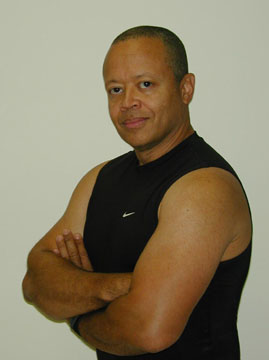Hollywood, in particular, has embraced this vision, which powers dozens of films a year, and has become cliche'd wisdom in development executive suites all over Southern California. Of course, the question of the nature of heroes enters other arenas as well. In the political arena, shaping doctrine around strong leader figures is one way to promote ideas to the public. Heroic firefighters and soldiers appear in ads for one party or another, and our elected officials trumpet their military service""or are criticized for their lack thereof, or are called cowards or even traitors if they disagree with the plans or opinions of an opponent.
Whether one wishes to understand the "Hero's Journey" as a tool for fiction, or desires to rise above the rhetoric a bit, it's useful to define just exactly what a hero is. This is, after all, the human face of the story. If the "Journey" is important, even more so is the person taking it. If we, as a culture, tend to worship and follow heroes, it is vital to have a definition of exactly what this is.
Of course, each of us should search our own hearts for the definitions that help us guide our lives. With that understanding, I'd like to present a definition that has worked for this writer and citizen for many years.
This applies to soldiers in combat, teachers in the inner city, mothers sacrificing for their children, artists resisting commercial demands, teenagers resisting the call of drugs or alcohol or premature sexuality. It demands that the "Hero" understand his or her deepest values, and often, the entire purpose of a story is to force them to confront these deeper truths, stripping away superfluous ego-identity.
Culturally, this means that a person of Heroic dimension doesn't necessarily share our point of view, our political beliefs, even our morality. To understand this is to understand how an apparent moral monster can be lionized by his followers. When we disagree with a leader, and are forced to dehumanize him in order to justify our own position, we diminish our capacity to understand the human condition.
We must hold to our values, and be clear about them. The entire world of advertising""whether Madison Avenue is selling cereal or an unpopular war""is based on anchoring some goal to basic human drives. Those who are uncertain of their values are like straws in the wind, blown by whoever plucks their strings. No wonder we cherish those who seem clear and strong in their identity, who stand by their choices even under stress. No wonder we respect these men and women even as it becomes clear that flexibility and compromise might be the better way. At least they believe in SOMETHING!
If we are to grow beyond sheep needing a shepherd, we must be strong ourselves. We must know ourselves deeply and honestly, and find the bedrock of our own morality. From this place it is easiest to determine when a leader is truly worthy of emulation or admiration or obedience. When we walk this road of self-discovery, we become heroes ourselves, experiencing the adventure of our own lifetimes.





